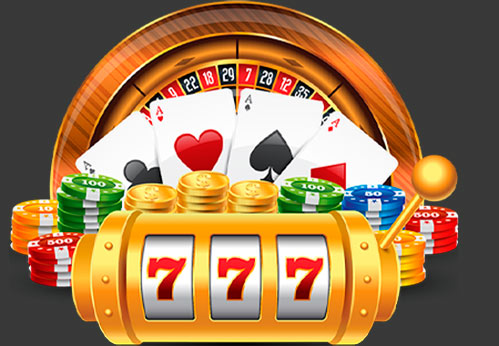 |
 |
 |
 |
 |
 |
 |
 |
 |
Poker for Beginners: A Comprehensive Guide to Getting StartedAre you curious about the exciting world of poker? This guide will help you understand the basics and get started on your poker journey. From learning the rules to understanding strategies, we've got you covered. Understanding the Basics of PokerPoker is a popular card game that combines skill, strategy, and a bit of luck. The objective is to win chips by forming the best hand or convincing other players to fold. Let's dive into some foundational concepts. The Deck and Hand RankingsA standard poker game uses a 52-card deck. Understanding hand rankings is crucial, as they determine the winner of each round.
Basic RulesThe game begins with players being dealt cards. Betting rounds follow, where players can choose to bet, call, raise, or fold. The aim is to have the best hand at showdown or to get other players to fold before then. Strategies for BeginnersWhile poker involves luck, skillful strategies can significantly enhance your chances of winning. Starting Hand SelectionChoosing the right starting hands is essential. Beginners should focus on playing strong hands like high pairs or high suited connectors. Position and BettingYour position at the table affects your strategy. Being in a late position gives you more information about other players' actions, allowing you to make better decisions. Proper betting can also bluff opponents into folding better hands. Try your hand at different game styles. For instance, explore bingo games for pc free for a different pace and experience. Online Poker vs. Live PokerPlaying poker online or in person offers unique experiences. Online poker is convenient and fast-paced, while live poker provides a social and interactive environment. Advantages of Online PokerOnline platforms offer a variety of games and stakes, allowing players to choose their preferred level. Additionally, you can practice with mega hit poker free chips to improve your skills without financial risk. Benefits of Live PokerPlaying live allows you to read opponents' body language and interact with players, adding a psychological layer to the game. Frequently Asked QuestionsWhat is the best way to learn poker?The best way is to start by learning the rules and hand rankings. Practice with free online games, and gradually play low-stakes games to gain experience. How can I improve my poker strategy?Study poker strategy books, watch professional players, and analyze your games to identify mistakes and areas for improvement. Is poker a game of skill or luck?Poker is a blend of both. While luck determines the cards you receive, skillful play can influence the outcome over the long term. https://www.youtube.com/watch?v=pSRGErzzIo4
This is the only guide you need to start playing poker as a total beginner. After watching this video you will know the basics of playing ... https://www.pokernews.com/poker-rules/
This beginner's guide to the rules and the basics of poker is all you need. Poker is a simple game to learn, but the poker rules can be challenging for a ... https://www.reddit.com/r/poker/comments/10b07tl/most_efficient_use_of_time_as_total_beginner_to/
This is the most simple yet reasonable strategy that I can think of that you can memorize in 10-15 minutes. |